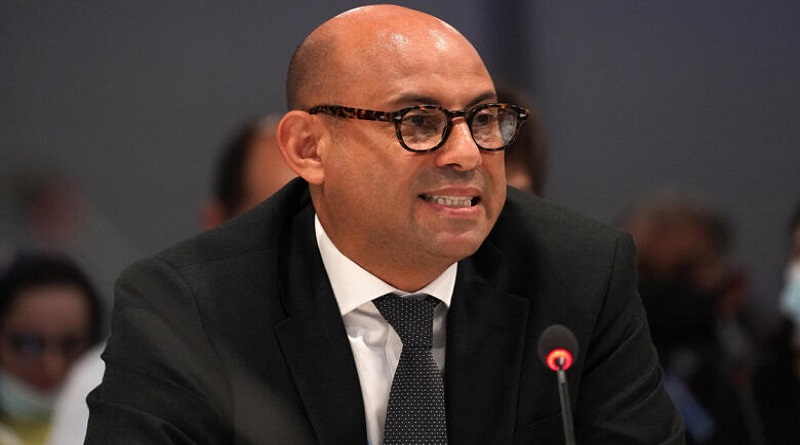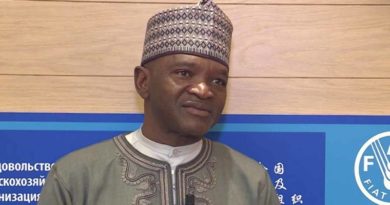Transitional Committee on loss and damage begins work with successful first meeting in Egypt
The Transitional Committee on the operationalization of the funding arrangements and new fund for responding to loss and damage held its first meeting from 27 to 29 March 2023 in Luxor, Egypt. The meeting concluding with the adoption of a workplan towards COP28.
The workplan sets out key substantive and procedural milestones and steps to be taken towards the delivery of recommendations to COP28. It includes dates for upcoming workshops and meetings of the Transitional Committee, including a fourth meeting, which the Committee has agreed to add to its schedule of work in 2023. According to the plan, the Committee will focus on all elements of its mandated recommendations at each gathering, gradually moving towards a consensus outcome a month or so before COP28.
Opening the meeting, UN Climate Change Executive Secretary Simon Stiell said: “You are here not just to construct a fund, but to create something much bigger: a lifeline for vulnerable people and places.” He also urged the Committee to “approach this work in a way that is creative, collaborative, and constructive, so that we can respond to the mandate and rise up to the challenge that is before us.”
The COP27 President, Sameh Shoukry, said: “Your work can be very impactful and help maintain the sense of trust and dialogue multilateralism that prevailed in Sharm el-Sheikh.”
The decision to establish a dedicated fund to assist developing countries in responding to economic and non-economic loss and damages associated with climate change was a historic move agreed at last year’s UN Climate Change Conference COP27. The Transitional Committee is responsible for operationalizing both the new funding arrangements and the fund for consideration and adoption at this year’s COP28 in Dubai.
During last week’s meeting, the Transitional Committee exchanged preliminary views on the purpose and scope of the new funding arrangements and the fund. Through this conversation, members shared initial ideas and asked a range of questions about what gaps currently exist in the financial architecture and how the new funding arrangements and the fund can help bridge these gaps.
Observer organizations also shared their views and considerations.
The Committee is composed of 24 members from all geographical regions, and has selected Richard Sherman (South Africa) and Outi Honkatukia (Finland) as its Co-Chairs.
To support the work of the Transitional Committee, a technical support unit (TSU) has been established. The TSU consists of staff seconded from UN agencies, international financial institutions, multilateral development banks, and the operating entities of the financial mechanism. Secondments have been received from the Adaptation Fund, the UN Office for Disaster Risk Reduction, the Global Environment Facility, the Green Climate Fund, the United Nations Multilateral Fund for the Implementation of the Montreal Protocol, the World Bank, UN Environment Programme, among others. The TSU is expected to provide additional technical expertise and support to the Transitional Committee, through inputs and recommendations, including from the UN Climate change secretariat.
The workplan reflects the large volume of work ahead to fulfill the mandate in the months ahead. Regular intersessional work, including monthly calls, will also take place to advance the work.




